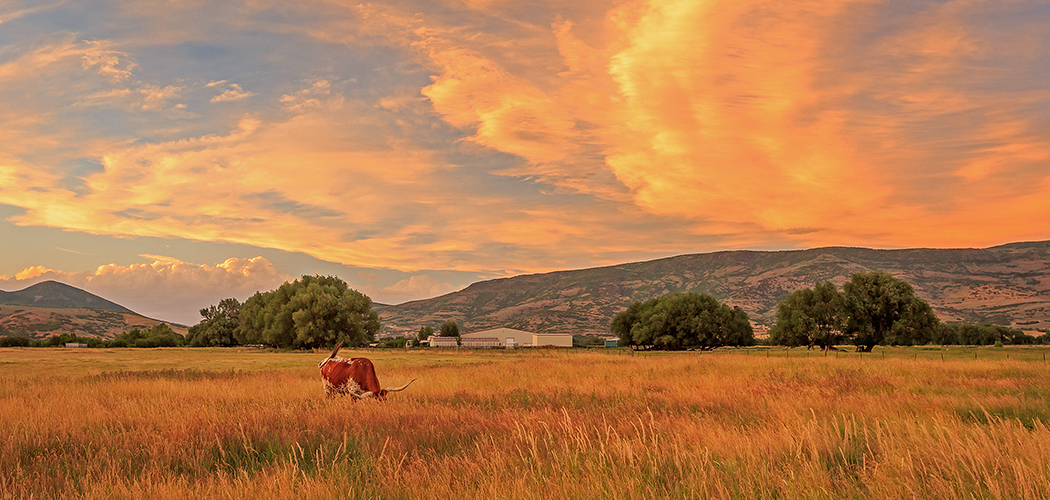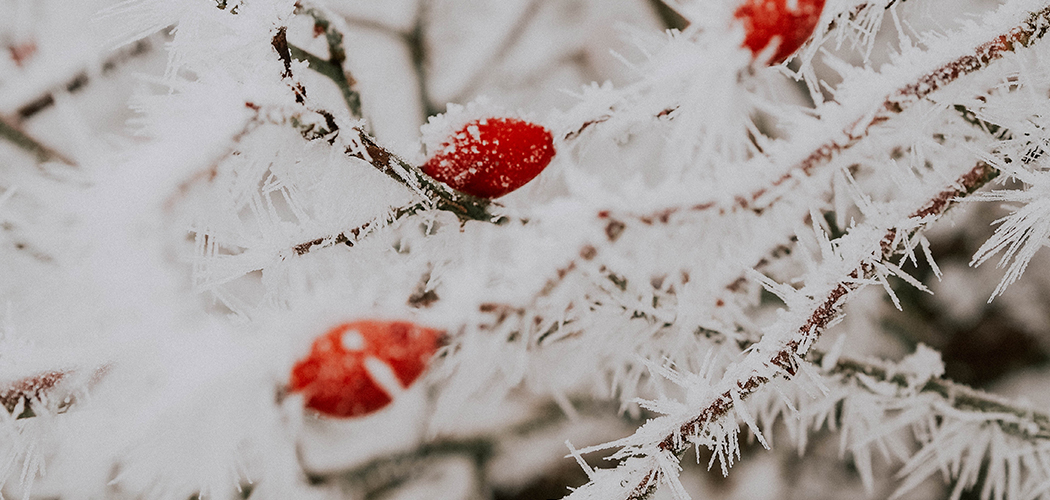[title subtitle=”words: Marla Cantrell”][/title]
Landry Hale came from Lubbock, from High Plains country, where the sunsets looked so perfect they could be mirages. “The dust in the air does it,” he said, on that first night I met him at the county fair. “The dust brings out colors you can’t see nowhere else.”
He’d been walking in front of the grandstands where I sat, his blue shirt untucked, his Wranglers dusty. I’d been watching him from my front row seat, my heart a rocket ship, every time he passed. I finally waved him over, stuck out my chest a little, ran my fingers through my curly brown hair. I’d never seen a man I’d call beautiful before, but Landry was. Tall, thin, black hair that kicked off light instead of holding it, eyes more violet than blue. In less than an hour, he’d be riding a bull named Switchblade.
“I’ve seen pretty sunsets,” I said. “Here in Arkansas. Out in Oklahoma’s flat country. In Colorado where it fell behind snowcapped mountains.”
“I hear you,” he said. He was leaning on the railing of the grandstands, one boot on the bottom rail, chewing on a toothpick. He looked toward the pens where the bulls huffed and puffed. “Still not the same.”
His neck was long, and I could imagine my mouth on it. The thought caused me to blush, and Landry smiled. “You ever get out to Lubbock, I’ll take you to Ransom Canyon. Show you some jackrabbits bigger than a porch dog. Show you a whole field of prairie dogs, darting to and fro from the tunnels where they live.”
“Shouldn’t you be getting ready to ride?” I asked, and he said, “Not till I get your name.”
“Anna-Claire,” I said, and he repeated it.
“Give me something for luck,” Landry said, and reached out his hand. His fingers looked like a musician’s, like something that ought to be taken care of. I couldn’t imagine him wrapping the rope around them, the twine cutting into him as he tried to stay atop a fifteen-hundred-pound bull for a second longer than the men he rode against.
I stood, reached into the pocket of my jeans. I carried a circle of jade the size of a silver dollar with me always. I had an old boyfriend who’d given it to me, who swore it would keep all the bad energy away. He was kind of a hippie, I guess. At least he didn’t bathe much, or work much, or believe in things like monogamy. Maybe hippie isn’t the right word.
“Here,” I said, and Landry rubbed his fingers across the stone.
“I’ll want it back,” I said, and Landry grinned like someone who’d won a bet. From where I stood, I was looking down on him. His blue shirt had tiny yellow flowers printed on it, and the sleeves billowed the way some cowboy shirts do. I would have liked to watch him put it on, the fabric sliding across his shoulders, across his chest, the flat of his belly.
Behind us was an acre of carnival rides. The lights flashed yellow and blue and orange, and kids’ voices soared across us. The air smelled like cotton candy, and the droppings of cows and horses, of corndogs and popcorn, and knock-off aftershave.
He kicked the toe of his boot in the dirt. “I’ll keep it safe,” he said.
When Landry was in the chute, Switchblade bucked and snorted, and the announcer joked that we all should pray for the cowboy atop him.
There is nothing like seeing a bull let loose, the power of it terrifying, even from so far away. It reminds me, always, of my dad, of his anger rolling like a freight train, of my mother with her hand on his back, saying, “I’m sorry, I’m sorry, I’m sorry.”
Landry stayed with Switchblade for the full eight seconds, and the crowd stood cheering. When Landry fell, I could hear the thud. When Switchblade’s back hooves came down, it was hard to tell if they’d hit Landry or not. The rodeo clown waved his kerchief at the bull, and the bull set its sights on the clown, and soon two cowboys had Switchblade roped and headed back to the pen.
And I, for a reason I could not imagine, was crying.
A medic helped Landry up, and he waved to us all as he
limped away.
The announcer said, “What a ride, folks! Landry Hale has qualified and will be riding next in Abilene! He held onto that rope like my teenage daughter holds on to my credit card!”
A boy about eight climbed the railing around the arena, then sat between two rows of metal piping, his white hat glowing in the light from above.
In October in Arkansas, the night air changes, no matter how hot the day. I’d tied a jacket around my waist when I’d left home, and now I untied it and slipped it on. I reached in my jean pocket, a habit I had, and felt for the jade that was no longer there.
I wiped my eyes as I left the grandstands, and I roamed the home economics’ building, where friends of my mother and grandma had entered their jellies and jams, their yeast rolls, and amateur photography.
In the midway, I played a game of Toss the Ring and won a Willie Nelson T-Shirt, the fabric as scratchy as sand. I ate a candy apple, the crunch of it loud in my ears. And that’s when I spotted Landry, surrounded by a bevy of girls younger than me, their hair long and billowing in the breeze. The one in red reached out and touched Landry’s chest. I felt my own chest fall.
It took me only a few seconds to reach him. I pushed my way through and held out my hand. “You have something of mine,” I said, and Landry took my hand and kissed my palm. “Ladies,” he said, “this is Anna-Claire. We’re heading out for Lubbock tonight. She’s been wanting to see one of our famous sunsets, and I’ve been putting her off for way too long.”
I had not done a reckless thing in over a year. I’d not had more than one beer a night since January. I’d not missed a day of work at a job I hated. I’d not skipped a car payment. I looked at Landry, at the fine cheekbones, the mouth that looked like an invitation.
His truck was rust held together by bailing wire, but the radio worked, and he tuned in a country station that played mostly Merle Haggard. In Oklahoma City, he gave me back the jade I’d loaned him, wrapping my fingers around it. When we crossed the Texas border, he found a campground, and we lay together in a tent that smelled of old canvas and miles of two-lane highways.
“I grew up on a ranch,” he said. “My dad was a ranch hand, never the boss. There was more than fifty-five-hundred acres. When we branded cattle, we had a chuck wagon follow us to and fro, making sure we ate. The lady who ran it was named Mica. She loved me better than my mama did.
“That can’t be right,” I said. “Nobody loves you more than your mother.”
“My mama took off when I was three. My dad said the ranch can crucify women not used to that life.”
“You ever see her?”
“Now and then,” Landry said. “Seeing me tears her up. She can’t stay in a room with me for more than a minute.”
I wondered if he’d gotten his looks from her. His eyelashes were longer than mine. “But I see Mica all the time. She thinks the sun rises in me.”
I looked at my phone to check the date. It was Sunday. On Monday morning, I was supposed to be at the Travel Lodge, cleaning hotel rooms, stripping sheets off beds that held stories you didn’t want to know.
Landry stretched out beside me. He kissed the top of my head, my forehead, my eyelids. “How can I love you already?” he asked. There were so many ways to dissect that sentence. How could he love me? But I hushed my mind and kissed him back. My mouth on the hollow of his neck was exactly the way I thought it would be. If he left me by the roadside tomorrow, it would still be enough.
But he did not leave me. We drove farther still, and when we reached Lubbock, all the tension in his body faded. “You hungry?” he asked, and I nodded. He took me to a place called Montelongo’s, where the waitress who served us had been on the job for thirty-five years. “Landry!” she said and clapped her hands. “I’ve been missing you!”
He ordered for us both, and I ate Migas, scrambled eggs with green chilis and tortilla strips. I ate like a farm-hand.
At home, my mother and dad would be sitting down to breakfast. She’d gauge his mood, wondering if she could get through a meal without making him angry. The thought of her made me shiver, and Landry noticed, put his arm around me, kissed my cheek.
“Don’t you ever get mad?” I said, the question, I’m sure, seeming to come out of nowhere. “Sure,” he said, “but then I work my way backwards, trying to figure out what happened just before. Usually, I realize I was hungry or tired or worried about some dang thing that I’d been trying not to fret over.”
I felt something unhitch inside me, finally letting go.
Love is a physical thing. It’s hormones and neurons flashing and the smell of someone whose story you’ve yet to learn. I know all that, but still, I fell, as surely as if I’d tumbled into Ransom Canyon.
That evening, we sat on a blanket on the tailgate of Landry’s truck and shared a beer. The sun looked as big as a mountain as it set, and it contained the colors of the rainbow. Flecks of purple and green, tiny specks you might not see if you didn’t have a Texan beside you to point them out.
Nearby, a family of prairie dogs sat inside what looked like a moon crater, the four of them upright, paws raised chest high. I would learn later that rattlesnakes adore the critters’ tunnels, finding the hidden spaces perfect for their snaky lives. But that was a lesson for another day.
That night, as Landry lay me down on the soft blanket, all I knew was the beauty of the High Plains, of the way I felt as Landry lifted my hair and kissed the spot behind my ear. That was enough to know. That was everything.




